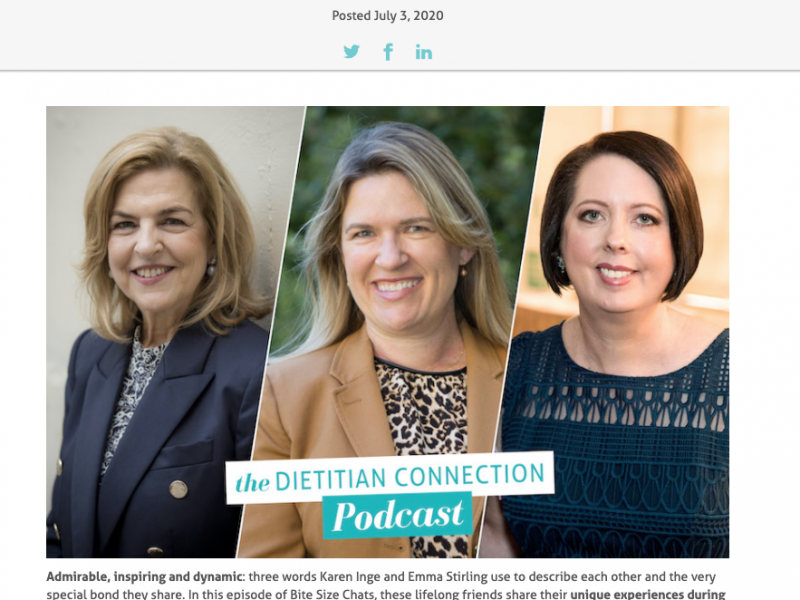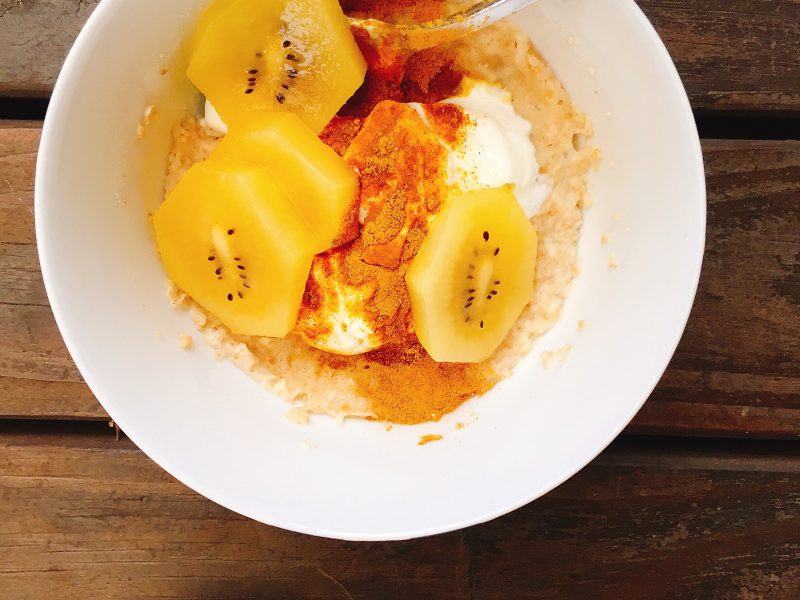Breast or bottle? It’s the question every new mother asks herself. Now it appears there’s a new option to consider, with homemade infant formula making headlines. But, is homemade infant formula really a suitable option? What is it made up of? And who is following this trend?
Caitlin Reid is an Accredited Practising Dietitian, Accredited Exercise Physiologist and Yoga Teacher. Check out her Storehouse directory listing. She also is the editor of Health and the City, an online publication that informs, inspires and empowers the reader to bring their focus back to all things wellbeing so they can wake up with the energy and desire to be their best version. Caitlin is also the nutrition expert at Women’s Fitness magazine, the dietitian for the South Sydney Rabbitohs and ambassador for Papaya Australian. And new mum to Jack!
For years, we have been debating about whether breast or bottle is better option for infants. Now the debate has heated up further with reports parents are feeding their bubs homemade infant formula using ingredients such as raw milk and bone broth, which is made from chicken feet, chicken necks, apple cider vinegar and filtered water, with vegetables and garlic being added for infants over six months of age.
According to the World Health Organization (WHO), “Breastfeeding is an unequalled way of providing the ideal food for the healthy growth and development of infants; it is also an integral part of the reproductive process with important implications for the health of mothers.”
Breastmilk also comes with additional benefits of being free, convenient (avoids the need for constant sterilisation of bottles and mixing infant formula) and prevents over-feeding. WHO recommends infants to be exclusively breastfed for the first six months of life to achieve optimal growth, development and health, with solids being introduced from six months of age and breastmilk continued until 2 years of age (12 months longer than recommended in the Australian Dietary Guidelines to reflect the needs of developing countries). Despite this, there are some situations where breastfeeding is not an option and commercial infant formula is the next best thing.
 Commercial infant formula provides a suitable alternative for children who are not breastfed or who are partially breastfed. According to the Australian Dietary Guidelines, commercial infant formula should be used as an alternative to breastmilk until 12 months of age, with solids being introduced at 6 months of age (irrespective of whether a child is breast or bottle fed). From 12 months of age, pasteurised full cream dairy milk can be introduced into the diet of both breast and bottle fed children as the main drink (cow’s milk and products can be introduced earlier in meals and cooking).
Commercial infant formula provides a suitable alternative for children who are not breastfed or who are partially breastfed. According to the Australian Dietary Guidelines, commercial infant formula should be used as an alternative to breastmilk until 12 months of age, with solids being introduced at 6 months of age (irrespective of whether a child is breast or bottle fed). From 12 months of age, pasteurised full cream dairy milk can be introduced into the diet of both breast and bottle fed children as the main drink (cow’s milk and products can be introduced earlier in meals and cooking).
While commercial infant formula don’t contain antibodies, growth factors, living cells and enzymes to help digestion (all of which are found in breastmilk), they have been researched and developed to not only meet the nutritional needs of infants, but to also take into account an infant’s unique needs such as their immature kidneys. A homemade infant formula, using the ingredients mentioned earlier, would be unlikely to meet the vitamin and mineral needs of an infant and may overload their intestinal and renal systems.
According to WHO, a homemade infant formula requires micronutrient supplements. There is also the risk of foodborne illness that comes with consuming raw milk (unpastuerised milk). The bacteria found in raw milk can be especially dangerous for infants and children. In fact, just last year, the consumption of contaminated raw milk was linked to the death of a 3 year old in Australia.
So while a bone broth formula may sound like a natural approach we really need to be careful with our precious children who rely on liquid milk, formula or fluids as their main source of nutrition until they are eating a significant amount of solid food from the age of 6 months onwards. To provide your baby with the best start, breastmilk is the best, while a commercial infant formula is also a suitable option. If you have concerns about infant formula or your baby requires a special diet for health reasons, speak to an Accredited Practising Dietitian for individual tailored advice.
Editor’s comment:
Thanks Caitlin for tackling this important topic and being our first guest on the fresh new look Scoop! I can understand how some parents are seeking a homemade option as it certainly feels more nurturing than opening a can of formula, but the risk of complications are high. When I worked at Great Ormond St Hospital for Children in London we did mix up all manner of different formulas but this was in very controlled conditions for children with special dietary needs. I feel so lucky to be able to breastfeed both my children until 13months of age. What say you lovely readers? And make sure you check out our growing new baby, Storehouse.




